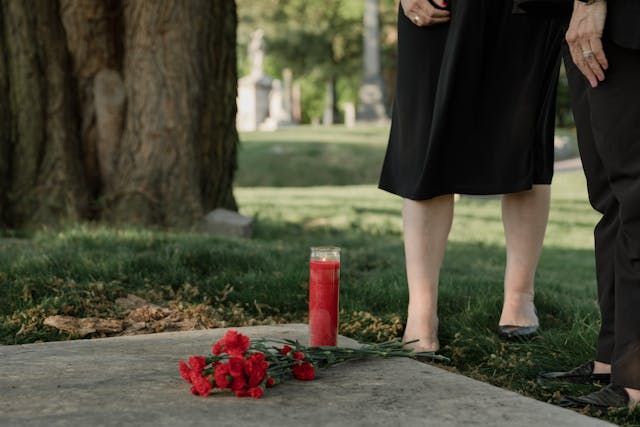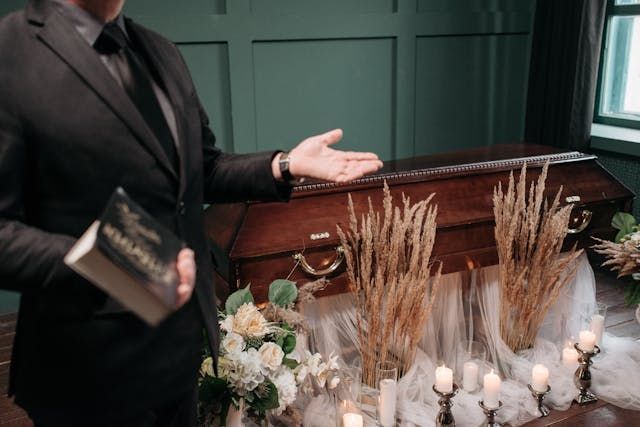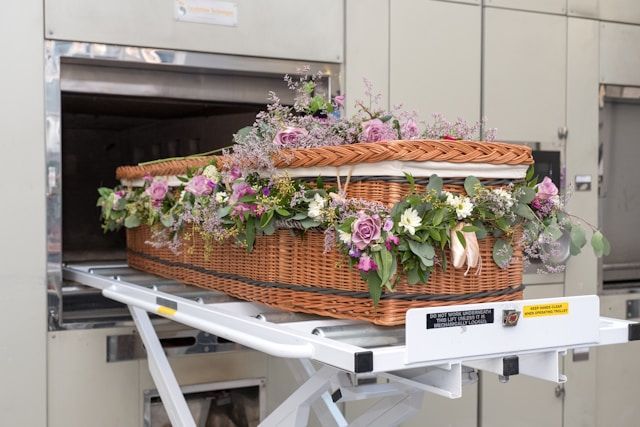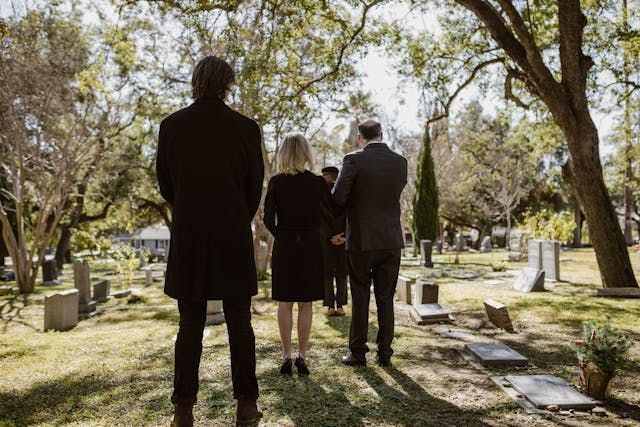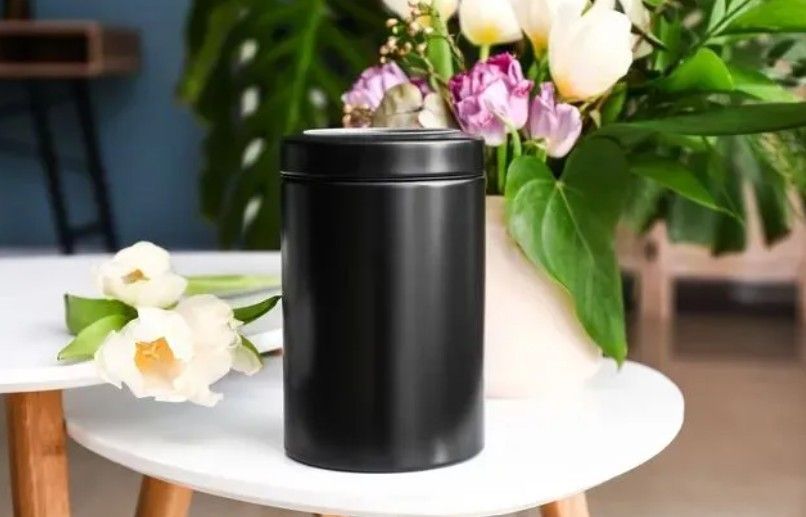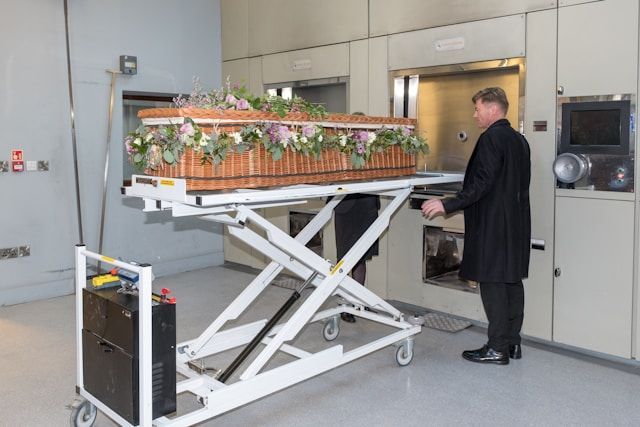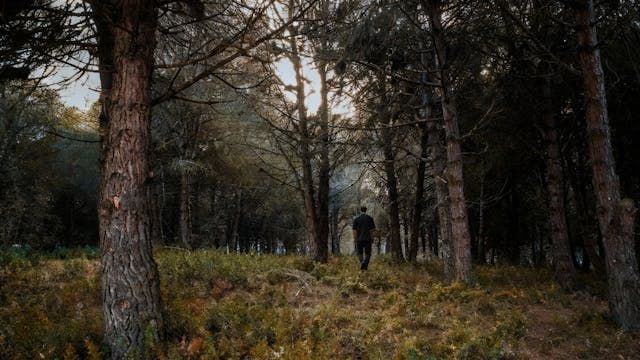When considering end-of-life arrangements, individuals and families often choose between cremation and traditional burial. Each option offers distinct benefits, and personal beliefs, religious traditions, financial considerations, and environmental concerns usually influence the decision. Those exploring
cremation services near Parkville, PA, may wish to understand how this choice compares to a more conventional burial.
Cremation: A Modern and Flexible Option
Cremation has acquired popularity in recent years due to its flexibility and capacity to accommodate a variety of personal and cultural preferences. One of its most significant advantages is the opportunity for families to hold a memorial service at a time and place that is most convenient for them. This option allows loved ones to gather without the time constraints that often come with
traditional burial services.
Another key benefit of cremation is its adaptability. Many families appreciate the ability to personalize how they honor and remember their loved ones. Some opt for a dedicated memorial site, while others may incorporate unique traditions that reflect the individual's life.
Cremation is often viewed as a less resource-intensive option from an environmental standpoint. Those who prioritize sustainability may consider it a practical choice due to its reduced land use and preservation of natural spaces.
Traditional Burial: Honoring Time-Honored Traditions
Traditional burial remains a significant practice for many families, often guided by cultural and religious customs. It provides a structured and familiar process, offering a designated place for remembrance and reflection. The rituals associated with traditional burial, such as a viewing or visitation, can be an essential part of the grieving process, allowing family and friends to pay their respects in person.
One of the significant aspects of traditional burial is its permanence. Many families find comfort in having a dedicated location to visit, which is a lasting tribute to their loved ones. The physical presence of a memorial marker can offer a sense of connection, ensuring that future generations have a place to honor their ancestors.
For those who value ceremony and tradition, a traditional burial follows a well-established sequence of events, including a formal service, procession, and gathering. These rituals provide a structured way to say goodbye, which can be especially meaningful for those seeking closure.
Financial Considerations for End-of-Life Arrangements
Cost is often a factor when making end-of-life arrangements. Cremation is generally considered a more cost-effective option due to its lower requirements for additional services and materials. Traditional burial typically involves costs associated with embalming, casket selection, and other services, contributing to an overall higher expense.
However, the choice between cremation and burial should be based on more than just financial considerations. Families should consider their personal values, traditions, and loved ones' wishes when making a decision.
Religious and Cultural Influences Regarding Final Services
Religious and cultural beliefs play a significant role in shaping an individual's preference for cremation or traditional burial. Some faiths strongly advocate for one method over the other, while others allow for personal choice. It is always advisable to consult with religious leaders or family elders to ensure that the chosen option aligns with personal and spiritual beliefs.
In recent years, there has been a growing acceptance of cremation within various religious communities. While some traditions continue to emphasize traditional burial, others have adapted to include cremation as an acceptable alternative. Understanding these perspectives can help families make decisions that respect their faith and values.
Making the Right Choice for You and Your Family

